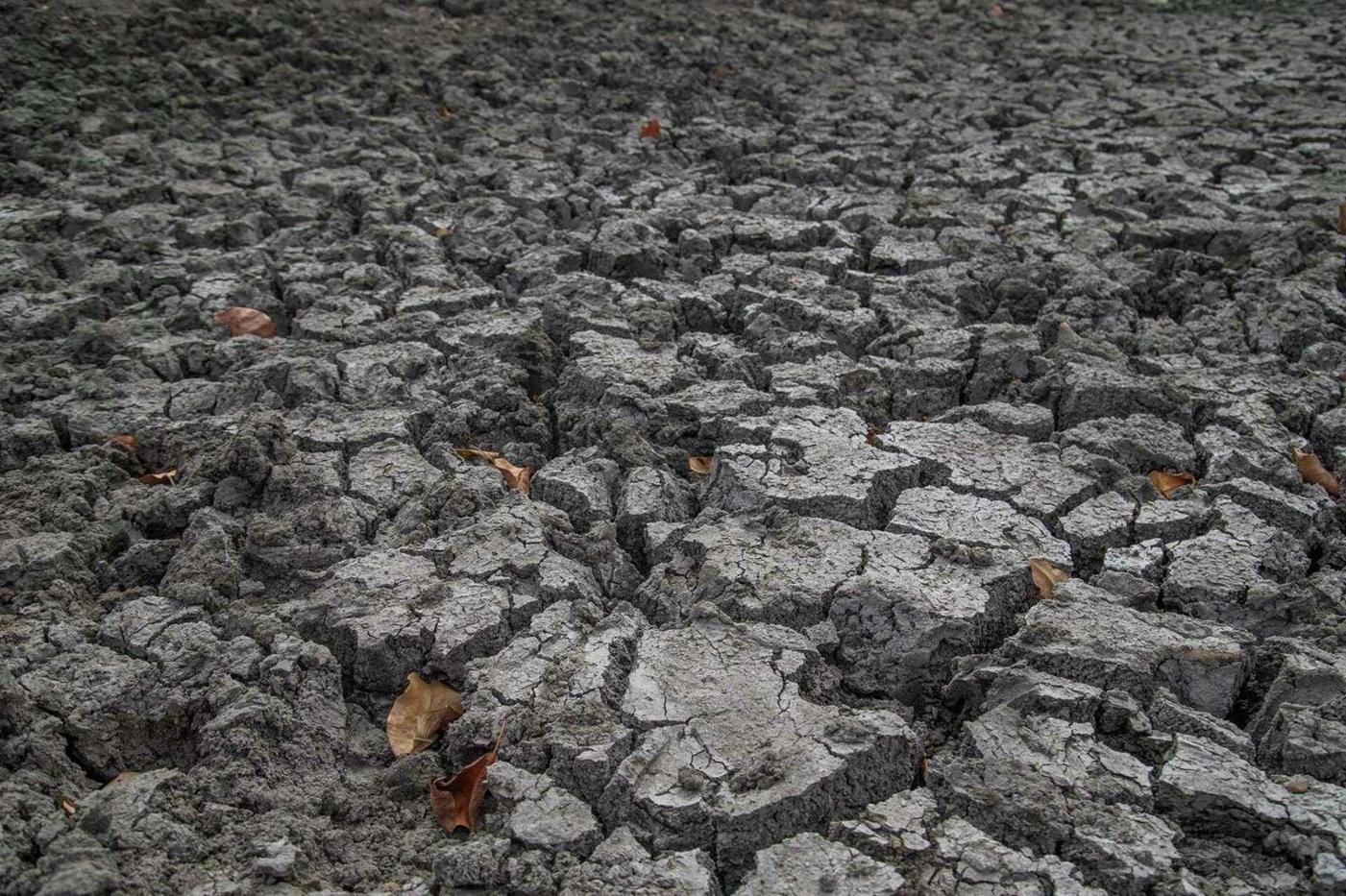Africa-Press – Eritrea. It’s Tuesday morning, and 5-year-old Talent should be in school. Instead, he’s foraging for the fruit that his family is counting on for food now that crops have withered in the heat.
Blame the El Nino phenomenon that altered weather worldwide for over a year, or the larger problem of climate change that’s bearing down on the African continent, the region most vulnerable to it. The boy’s grandmother, Winnie Chihota, knows she’s watching part of a generation slip away.
For many in Zimbabwe’s rural northeastern Mudzi district, crops mean survival. When they fail, the future can, too. No income means no way to pay the $25 for school fees or for school uniforms. Two of Chihota’s own children are at risk of leaving school. Little Talent never had a chance to start.
No crops also mean nothing for the children to eat for lunch even if they do make it to class.
“One child fainted recently at the school due to hunger,” Chihota said, as she sorted through the fruit that Talent and other children brought home. The fruit will be dried for future meals. Many families now only eat one solid meal of corn or sorghum a day.
Children are the most at risk after El Nino, a naturally occurring climatic phenomenon, caused some of the hottest days in decades in parts of southern and eastern Africa. It also caused some of the worst flooding in memory.
It destroyed many of the tiny farm plots that keep families going. More than 60% of Zimbabwe’s population of around 15 million reside in rural areas where agriculture is the major source of food and income.
The immediate concern is hunger. In Zimbabwe, 580,000 children are at risk of malnutrition, according to the United Nations children’s agency, as the effects of El Nino worsen a humanitarian crisis of economic hardship and outbreaks of diseases such as cholera.
The larger problem is the children’s education. School has become a luxury. Children drop out to work. Teenage girls are forced to skip class because there is not enough water to wash during their periods, or because they must stay home to babysit their siblings as parents go out in search of work. Some girls are forced to marry to ease financial burdens, according to the U.N humanitarian agency.
The crisis is overshadowed by others in places like Ukraine, Gaza and Sudan, humanitarian organizations say, meaning that funding from donors can be hard to come by.
“There should be a sense of urgency,” said Yves Willemot, UNICEF spokesman for Zimbabwe.
The drought puts the education of close to 2 million children at risk in Zimbabwe, with some dropping out of school for good and others forced to miss class, the U.N. humanitarian agency has said. More than 45,000 children dropped out of school during the previous El Nino in the 2015-2016 farming season, 3,000 more than the annual average, it said. The government is still collating figures for this latest El Nino.
Regional countries also devastated by weather extremes face similar challenges. In Malawi, hit by a vicious cycle of floods and drought in the past three years, fewer children are attending class. At some schools, half the pupils are usually absent, according to a report in May by local and international humanitarian organizations including the Malawi-based Youth Net and Counselling.
“Families must choose between feeding or sending children to school,” the report said. Volunteer teachers are no longer reporting at some schools “further deteriorating the quality of education.”
Neighboring Zambia is using a school feeding program targeting over 2 million children to boost school attendance.
Zimbabwe recently launched a similar program amid concerns about increased absenteeism and dropout rates caused by the drought, said Taungana Ndoro, the director of communications and advocacy in the education ministry.
“The assurance of at least one decent hot meal per day has been a strong incentive for families to prioritize sending their children to school,” he said.
It might be too late for many who drop out, especially girls, said Nyaradzo Mashayamombe, an activist and founder of Tag a Life, an organization whose #everychildinschool campaign is pushing to end school fees for children from poor families.
“When drought hits like this, the immediate defence is marriage. The mere offer of a way out, an escape, can be very luring to a girl or even the parents,” she said, adding that many end up trapped with older, abusive husbands.
“There is no way out,” she said. “It takes away their potential, their dreams are cut short, and the poverty cycle continues.”
Source: Africanews
For More News And Analysis About Eritrea Follow Africa-Press







